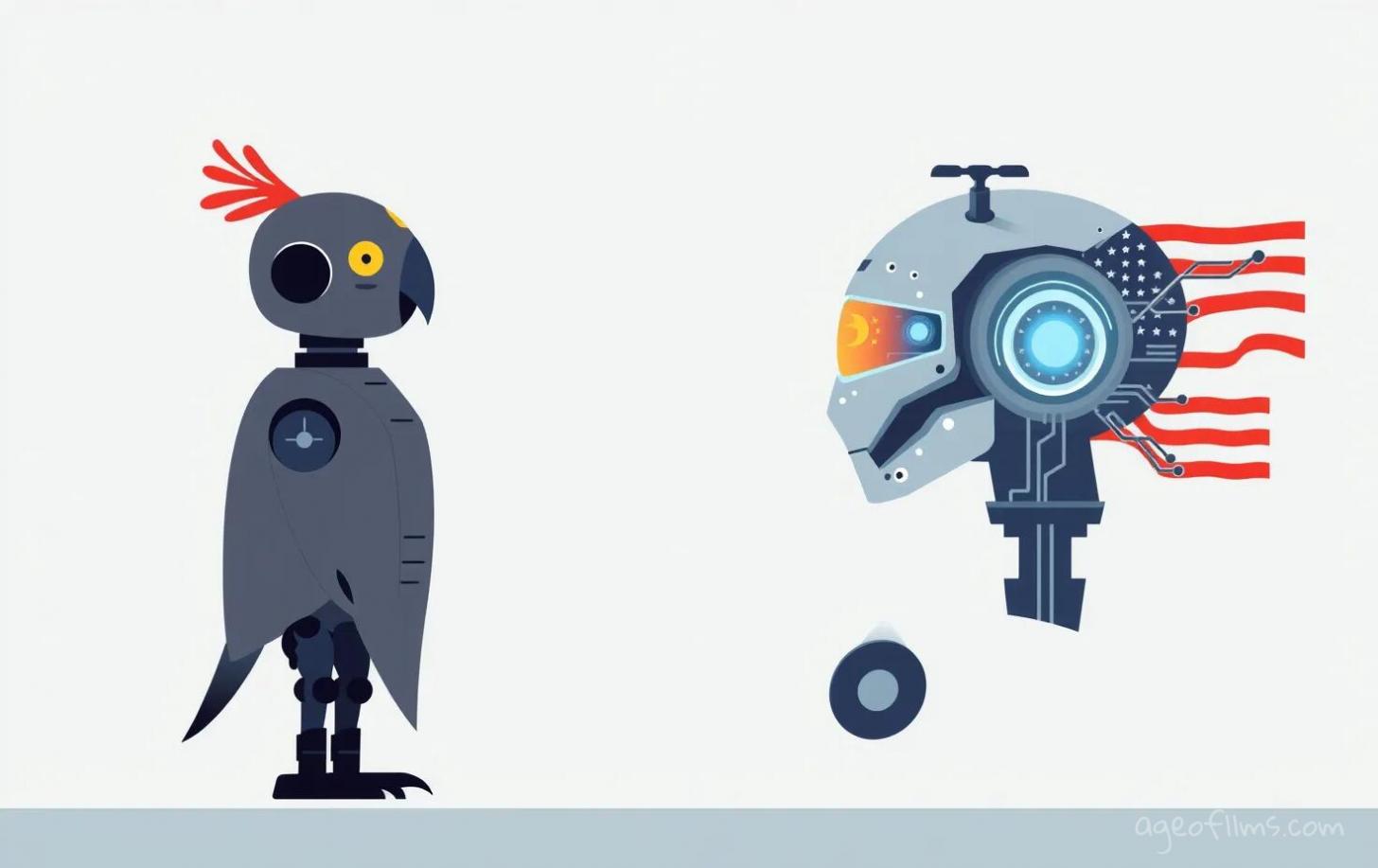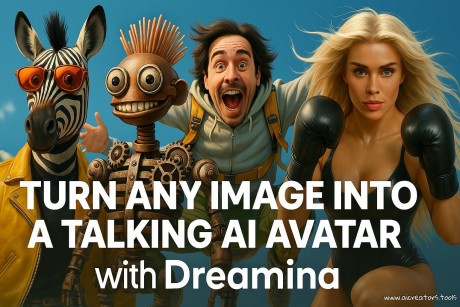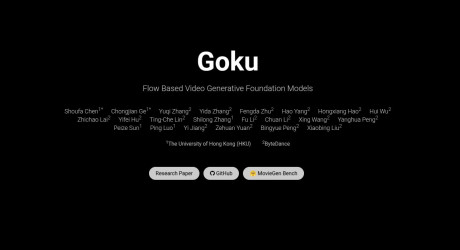China’s AI Struggles: Doubao, Military Ambitions, and the Gap with U.S. Innovation
Doubao, Baidu's AI chatbot, has been under fire on Chinese social media. Critics mock it as a 'Artificial idiot' that fails to meet expectations.
The story has been reported by the YouTube channel 'China Observer'
Chinese Subpar AI vs ChatGPT—Vast Gap in US-China AI
Recently, Chinese social media has been abuzz about DouBao, ByteDance's AI chatbot. However, it's receiving far more criticism than praise.
Doubao’s flaws became clear during a first-aid test. A student asked it to help with a question. Doubao confidently said, “A.” The real answer was “C.” The bot later apologized, but that didn’t stop users from calling it unreliable.
Some students even tried using it for an exam. None passed except the one who ignored the bot’s advice. Users now call Doubao a “mechanical parrot” because it repeats patterns but can’t actually think. I mean, poor students, they must be feeling... cheated! How are they supposed to finish higher education now?
Doubao vs ChatGPT: A Clear Gap
So people put Doubao head-to-head with OpenAI’s ChatGPT. The results were no surprise. ChatGPT gave thoughtful, flexible answers while Doubao struggled with shallow, repetitive responses. Doubao’s reliance on templates made it predictable, while ChatGPT’s ability to handle complex questions showed how far ahead it is.
Why Chinese Publically Available AI Lags Behind
1. Hardware Problems
U.S. companies like Nvidia dominate chipmaking. China depends on imported hardware, and American restrictions on tech exports are making things harder.
2. Talent Gap
The U.S. attracts nearly half of the world’s AI researchers. Many talented Chinese students study abroad and don’t return, leaving China with fewer experts.
3. Fear of Failure
Chinese researchers often play it safe, sticking to smaller projects to avoid risks. This culture blocks major breakthroughs.
4. Short-Term Thinking
Chinese companies often focus on making quick money instead of investing in long-term research. This limits innovation in advanced AI areas.

Political Limits
China’s government tightly controls AI content, which must fit its political agenda. This filtering impacts training data. For example, Doubao refused to create an image of a Chinese beggar, calling it unpatriotic, while easily showing American beggars. It also highlights U.S. corruption but praises Chinese officials.
On top of that, users have discovered troubling privacy issues. Doubao can access personal details like school activities and private videos. This raises concerns about surveillance.
But while things might be tought for AI that's aimed at wider public consumption, behind the closed doord China seems to be working on most powerful stuff. At the end of 2024 reports revealed that researchers linked to the People’s Liberation Army (PLA) have adapted Meta’s Llama model to create ChatBIT, an AI tool built for military tasks.
ChatBIT, designed to improve intelligence analysis and operational decision-making, uses a small dataset of about 100,000 military dialogues. While limited compared to other AI models, this adaptation marks China’s growing interest in using AI for national defense.
Meta of course prohibits military applications, but enforcing these restrictions once you've released your open-source model - a bit tricky. This was always part of the wider debate about opensourcing AI.
Chinese AI Video Tools Tend to Be Solid
While Doubao’s chatbot disappoints, its video tools are showing potential, at least the showcased demos. ByteDance, Doubao’s parent company, has launched two new models: PixelDance and Seaweed in early testing. they supposedly can handle consistent characters, smooth movements, and even realistic camera angles. I for one am having these video generators on my alerts to check them out as soon as they're publically available.
Because many other names have showed excellent results in this sphere so far. Kling AI, Hailuo AI, Tencent's Hunyuan, Vidu by ShengShu Technology and a myriad of smaller tools published on GitGub by Chinese developers are impressive. I'm not sure if they would generate a corrupt Chinese official taking a bribe, haha, but they do what their main purpose is quite well.
Published: Jan 14, 2025 at 9:31 AM


